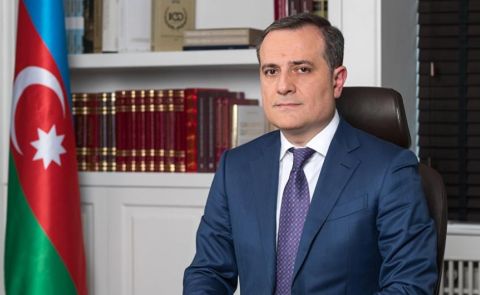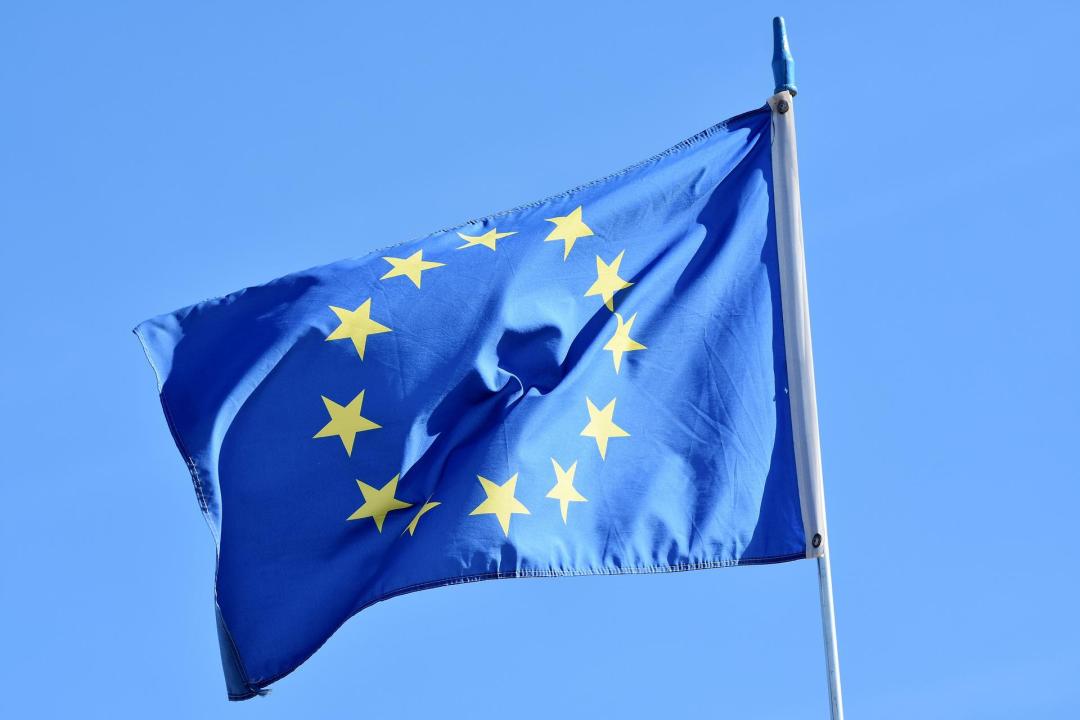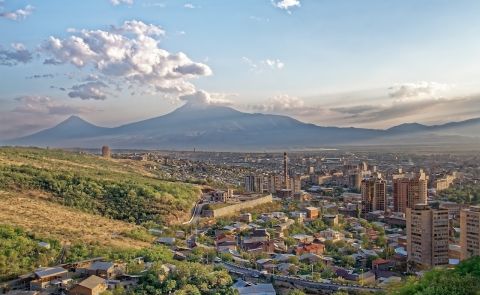
EU Halts Georgia's Accession Process and Freezes €30 Million in Aid

On July 9, EU Ambassador to Georgia Paweł Herczyński informed journalists that Georgia's EU accession process had been halted, the EU had frozen 30 million euros in assistance to Georgia, and further measures were being considered if the situation in the country deteriorated further.
"The Law on Transparency of Foreign Influence is a clear backslide on nine steps, and the anti-Western, anti-European rhetoric is fully incompatible with the stated aim of joining the European Union," Ambassador Herczyński stated. As a result, he added, "Georgia’s EU accession has been put on hold." He explained that this decision was made by EU leaders at the last European Council on June 27, expressing concerns over the true intentions of the current Georgian authorities.
Ambassador Herczyński expressed hope that the newly formed government would restart serious work on Georgia’s EU integration after the October parliamentary elections, stressing, "Everything can still be changed, but the time is running out." In addition to freezing 30 million euros from the European Peace Facility (EPF) earmarked for the Georgian Ministry of Defense, the Ambassador mentioned that other measures, including potential sanctions, are being considered if the situation further deteriorates, though EU leaders lack unanimity on imposing restrictive measures against anyone in Georgia.
The Ambassador noted that the EU’s direct support to the Georgian government would gradually diminish and that support would shift towards civil society and media. Regretting that EU-Georgia relations were at such a low point when they could have been at an all-time high, he emphasized that it is up to the Georgian people to elect their next government and for that government to decide its policy towards the European Union.
"Georgia is a candidate country, and if the next government is interested in pursuing Georgia's membership in the European Union, we are more than ready, more than willing to help and assist in every way we can," Ambassador Herczyński added. He concluded by stating, "It is for Georgia and for Georgians to decide on October 26 [Parliamentary elections] if they want to be a member of the European Union or not, if they want to be part of the next big EU enlargement, or if they have other plans for their future."
See Also


Nordic-Baltic Delegation Meets Armenian Leaders to Discuss Regional Cooperation and Peace

Azerbaijan Strengthens Energy Partnerships with Multiple Countries

BP Strengthens Presence in Azerbaijan’s Offshore Energy Sector

Netanyahu’s Letter to Aliyev: Mutual Trust, Solidarity Following Hamas Attacks, Facilitating Dialogue Between Israel and Türkiye

